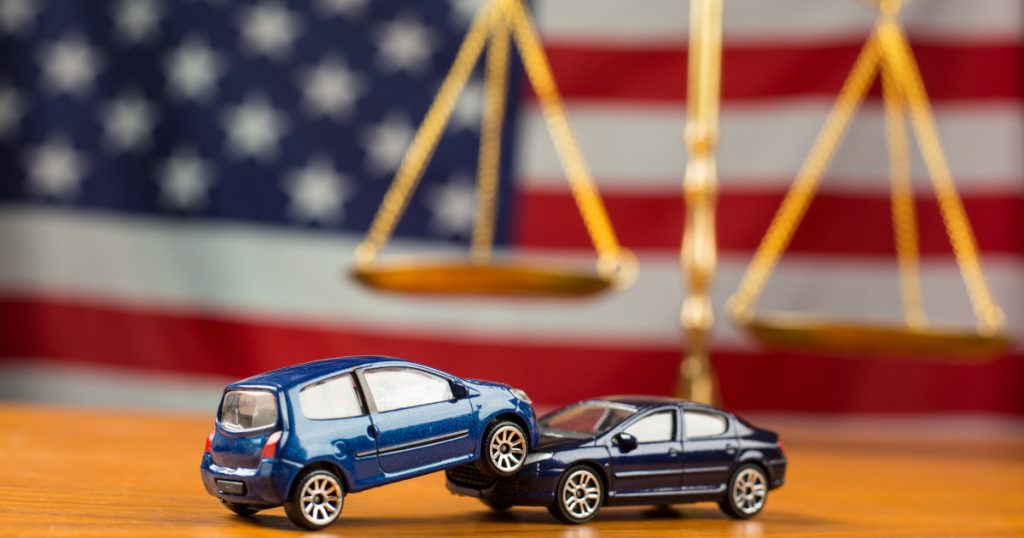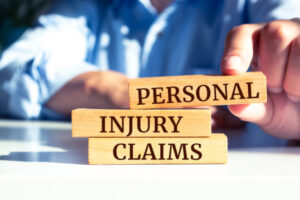Featured Article

Introduction:
Auto accidents are a leading cause of injury and death in the United States, with an estimated 6 million crashes occurring each year. While some accidents are unavoidable, many can be prevented by understanding the most common causes and taking steps to avoid risky behaviors.
Here are the top five most common causes of auto accidents:
1. Distracted Driving:
Distracted driving is the leading cause of car accidents in the United States, accounting for over 25% of all crashes. Distractions come in many forms, including texting, talking on the phone, eating, drinking, and using GPS or other in-vehicle technologies. This behavior takes your eyes off the road, hands off the wheel, and mind off the task of driving, significantly increasing your risk of an accident.
How to avoid it:
- Put your phone away and turn off notifications before driving.
- Avoid eating, drinking, and applying makeup while driving.
- Only use GPS or other in-vehicle technologies when stopped safely.
- Pull over and park if you need to make a phone call or send a text message.
2. Speeding:
Speeding is another major contributor to car accidents, accounting for approximately 29% of all traffic fatalities. Driving too fast for the conditions increases your stopping distance and reduces your reaction time, making it more difficult to avoid a collision.
How to avoid it:
- Pay attention to the speed limit and adjust your speed for the conditions, such as weather, traffic, and road construction.
- Use cruise control to help maintain a constant speed.
- Be aware of your surroundings and potential hazards.
3. Drunk Driving:
Drunk driving is a serious crime that can have devastating consequences. Alcohol impairs your judgment, coordination, and reaction time, significantly increasing your risk of an accident. In the United States, approximately 28 people die every day in drunk driving accidents.
How to avoid it:
- Never drink and drive.
- Designate a sober driver before you start drinking.
- Use public transportation or a ride-sharing service if you have been drinking.
4. Drowsy Driving:
Drowsy driving is similar to drunk driving in its effects on your judgment and reaction time. Being tired can impair your vision, focus, and coordination, making it difficult to drive safely.
How to avoid it:
- Get enough sleep before driving.
- Take breaks every two hours on long trips.
- Avoid driving if you are feeling tired or drowsy.
- Drink caffeine or other stimulants to help you stay awake.
5. Aggressive Driving:
Aggressive driving includes behaviors such as tailgating, speeding, cutting off other drivers, and changing lanes frequently. This behavior increases the risk of accidents and can lead to road rage incidents.
How to avoid it:
- Be patient and courteous to other drivers.
- Allow plenty of space between your car and the car in front of you.
- Use your turn signals and obey traffic laws.
- Avoid making eye contact with other drivers and ignore any aggressive behavior they may exhibit.
Additional Tips for Avoiding Auto Accidents:
- Always wear your seat belt and ensure all passengers are buckled up.
- Use your headlights at night and in low-visibility conditions.
- Drive defensively and be aware of your surroundings.
- Maintain your vehicle regularly and address any safety concerns promptly.
- Get regular eye exams to ensure you have good vision.
- Take a driver’s education course or refresher course to improve your driving skills.
By understanding the common causes of auto accidents and taking steps to avoid them, you can significantly reduce your risk of being involved in a crash. Remember, safe driving is a shared responsibility. By working together, we can make our roads safer for everyone.
If you or a loved one has been injured in an truck or an auto accident, contact the Law Office of David M. Kennedy today. We offer board-certified, compassionate and experienced legal representation to help you get the compensation you deserve. Call (903) 819-0720 or click here to email our law office.
Here are some additional resources that you may find helpful:
- National Highway Traffic Safety Administration: https://www.nhtsa.gov/
- Centers for Disease Control and Prevention: https://www.cdc.gov/transportationsafety/index.html
- Texas Department of Transportation: https://www.txdot.gov/
By taking the time to learn about safe driving practices and making smart choices behind the wheel, you can help prevent auto accidents and keep yourself and others safe on the road.




